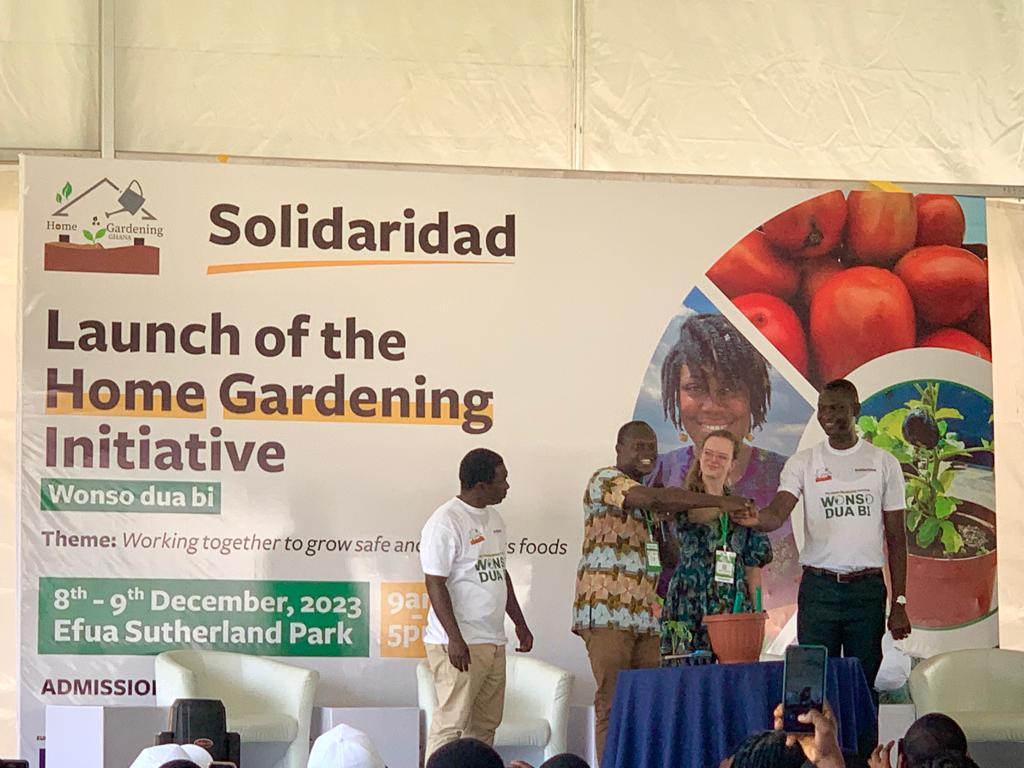
Kampala — The Commission of Inquiry into land matters has travelled to Ghana to benchmark best practices in land management.
The Justice Catherine Bamugemereire-led Commission comprising a seven-member panel will take a week-long study in West African country, said officials on condition of anonymity.
Other commissioners on the probe team include Mr Freddie Ruhindi, Mr George Bagonza, Mr Robert Sebunya, Dr Rose Nakaayi, Ms Joyce Habaasa Gunze and Ms Mary Oduka Ochan.
A source at the commission said on Wednesday that the benchmarking trips were planned for to help the commission compare land management systems in other countries with the Ugandan context.
The source said that the Commission would study land laws, procedures to be able to write an informed report to the appointing authority on what can be improved for the better.
The commission's lead counsel, Mr Ebert Byenkya confirmed the development saying "the commission is in Accra (Ghana) for benchmarking in a bid to address it is terms of reference."
Of particular interest, Mr Byenkya said it is the customary land management institutions and practice.
"Almost 90 percent of Ghana land is held under customary law and run by cultural institutions under special arrangement with the central government," he said.
Mr Byenkya said: "As you know, part of Uganda particularly northern Uganda is largely governed by customary land law so we are hoping to learn how customary law can be retained but enabled to function in a modern economy."
He explained that Ghana also has a system where policy making is separated from service delivery.
"The ministry of lands deals with policy matters only. The management of land is another body called the Ghana Land Commission. We are studying this to assess its potential," Mr Byenkya said.
The commission which has been conducting public hearings is investigating laws, processes and procedures in land acquisition, administration and management in Uganda.
It is also mandated to solicit views on the role of the traditional, cultural and religious institutions who own large tracts of land with occupants in a move to enhance better landlord/tenant relationships.
Read Full Story























Facebook
Twitter
Pinterest
Instagram
Google+
YouTube
LinkedIn
RSS